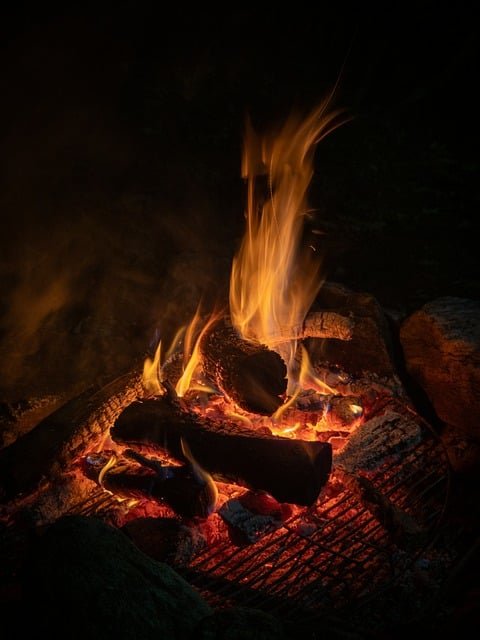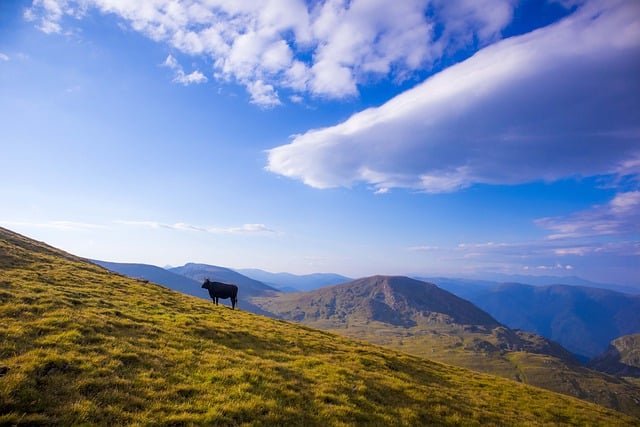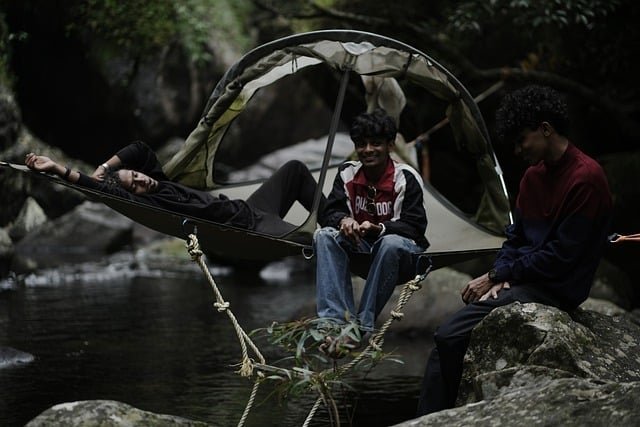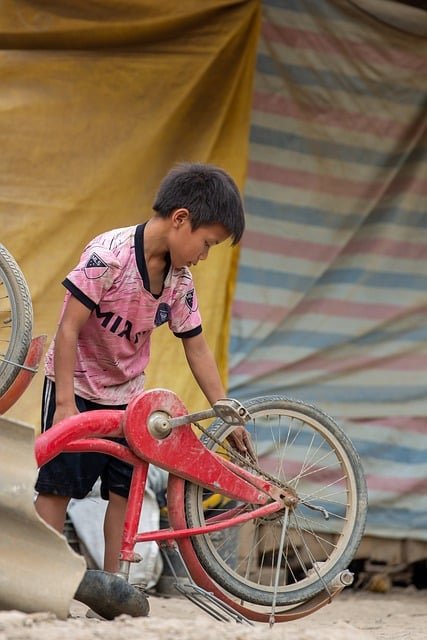
Backpacking is an amazing way to explore the world, taking you off the beaten path and into some of the most stunning and remote destinations. From hiking through rugged mountain trails to trekking through dense forests, backpacking requires durable and versatile clothing that can withstand the elements. Choosing the right clothes for your backpacking trip is crucial for both comfort and safety. To help you pack for your next adventure, here are our top picks for backpacking clothes.
One of the most important pieces of clothing for backpacking is a good pair of hiking pants. Look for pants made from quick-drying and moisture-wicking materials such as nylon or polyester. These fabrics will keep you dry and comfortable even when you`re sweating or encounter unexpected rain or river crossings. Opt for pants with plenty of pockets for storing your essentials and reinforced knees for added durability. Convertible pants with zip-off legs are also a great option for backpacking as they can easily be converted into shorts when the weather gets warm.
When it comes to shirts for backpacking, the key is moisture-wicking and lightweight materials. Avoid cotton shirts as they tend to retain moisture, making you feel cold and uncomfortable. Instead, choose shirts made from synthetic fabrics such as polyester or merino wool. These materials are breathable, quick-drying, and will keep you cool and dry on the trail. Look for shirts with a UPF (ultraviolet protection factor) rating for added sun protection during long hikes.
Even when backpacking in warm climates, it`s essential to pack insulating layers in case the temperatures drop or you encounter unexpected weather conditions. A lightweight down jacket is a great option as it is warm, lightweight, and can easily be compressed to save space in your backpack. You can also opt for a fleece jacket or a merino wool sweater as a mid-layer, which can be worn on its own or layered under a jacket for extra warmth.
One of the biggest mistakes you can make when backpacking is choosing the wrong footwear. Invest in a pair of high-quality hiking boots that are comfortable, supportive, and have a good grip. Choose boots that are specifically designed for backpacking and made of waterproof or water-resistant materials. Make sure to break in your boots before your trip to avoid blisters and discomfort on the trail.
Wearing the right pair of socks can make a huge difference in preventing blisters and keeping your feet dry and comfortable. Avoid cotton socks and opt for socks made from synthetic materials such as polyester or merino wool. These materials are moisture-wicking and will keep your feet dry and reduce the risk of blisters. Look for socks with extra padding in high-pressure areas such as the heels and toes for added comfort.
When spending hours in the sun, it`s crucial to protect your head and eyes from harmful UV rays. Pack a wide-brimmed hat to protect your face, neck, and ears from the sun`s rays, and a pair of sunglasses with UV protection to protect your eyes. A hat can also provide shade and keep you cool while hiking in hot and sunny conditions.
Be prepared for any unexpected weather conditions by packing a lightweight and packable rain jacket. Look for jackets made from waterproof and breathable fabrics such as Gore-Tex or nylon. A packable rain jacket is a great option as it can easily be stored in your backpack and pulled out when needed. You can also pack a pair of rain pants to keep your lower body dry during heavy rain or river crossings.
Finally, it`s essential to have a durable and well-designed backpack to carry all your gear and clothes. Look for a backpack with a spacious main compartment, multiple pockets for organization, and a comfortable and adjustable suspension system. It`s also crucial to choose a compressible backpack, which can be easily adjusted and compressed to fit your needs, whether you`re packing for a long weekend or a month-long trek.
When packing for a backpacking trip, the key is to choose clothes that are lightweight, quick-drying, moisture-wicking, and protective. Avoid cotton as it retains moisture and can make you feel cold and uncomfortable. Opt for synthetic fabrics such as polyester or merino wool, and make sure to invest in high-quality and durable gear that will last you for many adventures to come. With the right clothes and gear, you can feel comfortable and confident on your next backpacking adventure.







Join our newsletter community for exclusive updates, offers, and more. Sign up now to stay in the loop!
© Outdoor-Expedition. All Rights Reserved. Design by HTML Codex